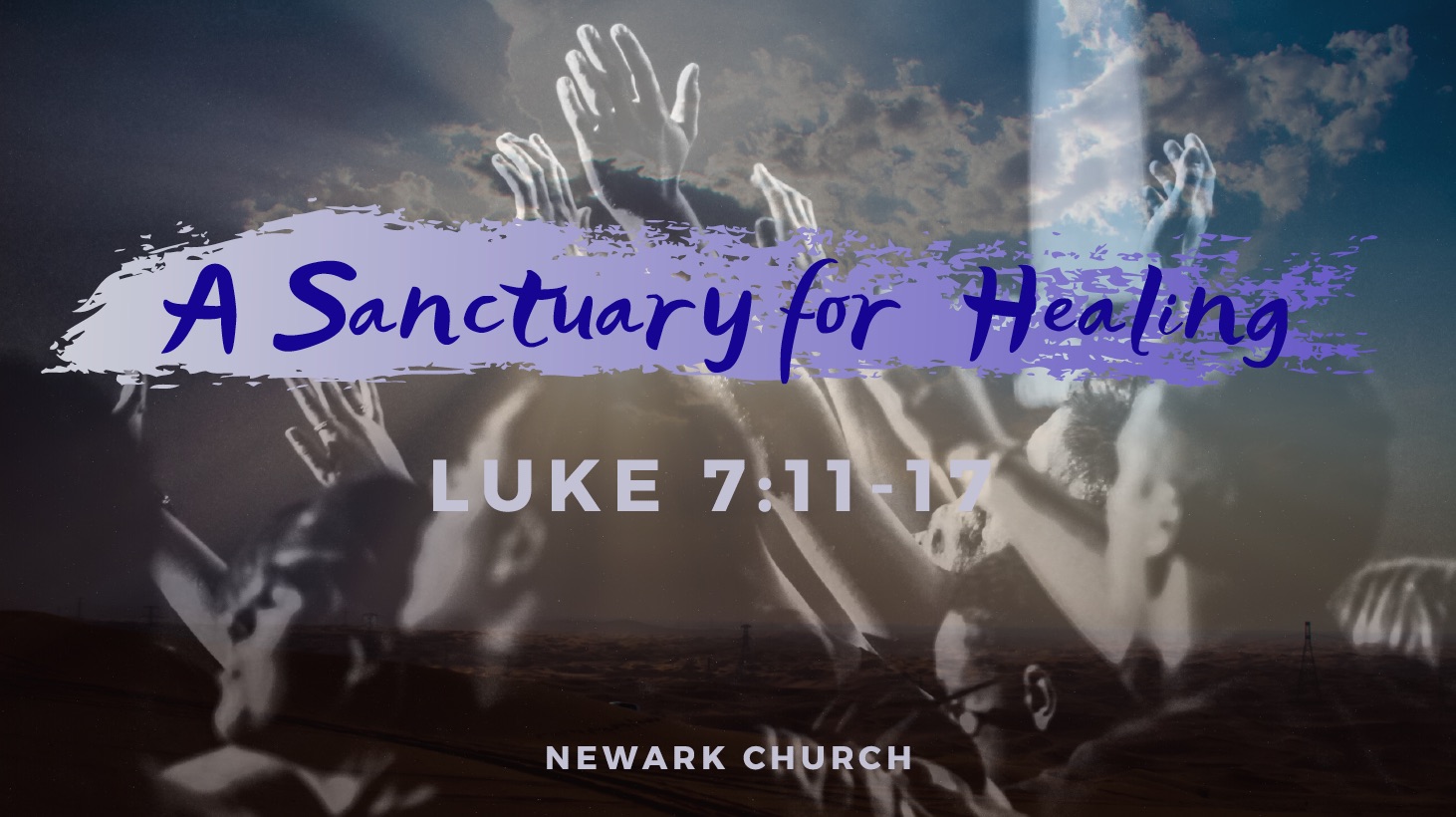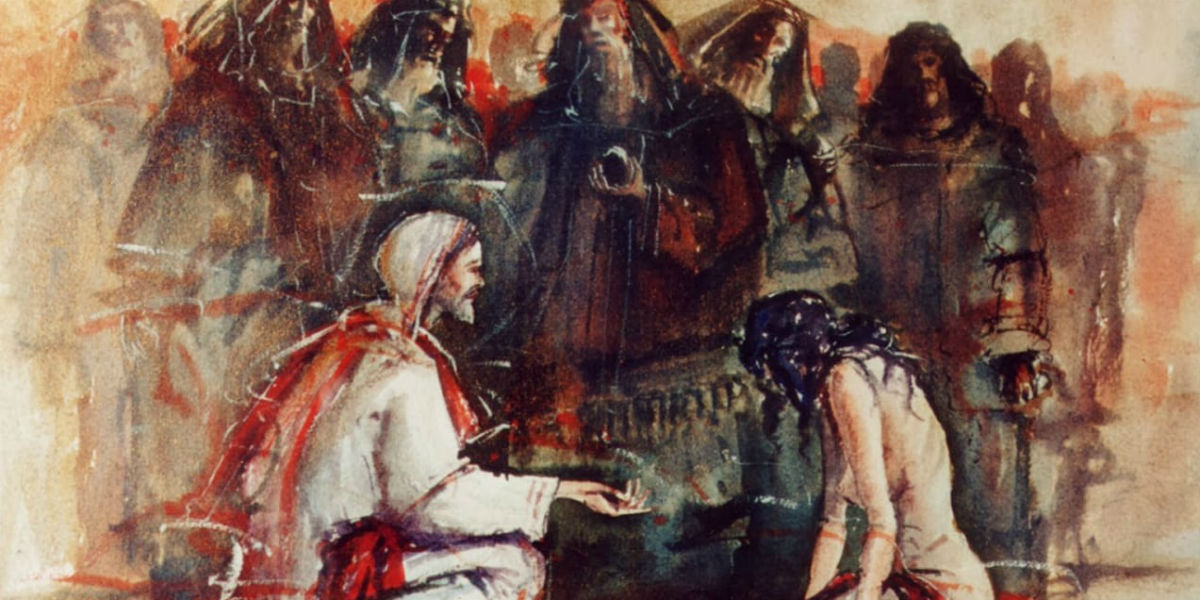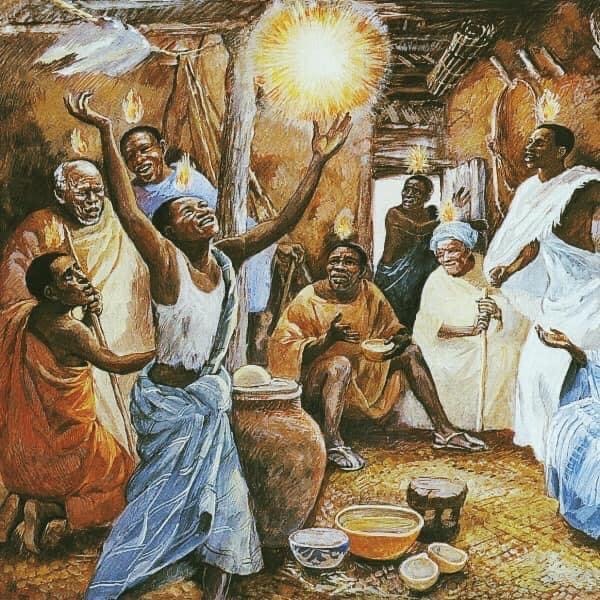The Christian church in America has an image problem of its own making. That was the sentiment I had after reading the book Unchristian: What A New Generation Really Thinks About Christian …And Why It Matters by David Kinnaman and Gabe Lyons published in 2007. Although perception and reality are not always the same, there is generally some truth to the perception and that is what should concern churches.
Fast forward to the year 2015. Barna released a survey reflecting much of the same conclusions from 2007. However, one conclusion that caught my attention is that 70% of millennials perceive Christians as insensitive to others. The article detailing this research points also to a perception of intolerance and exclusivity, demonstrating “a lack of relational generosity within the U.S. Christian community.” Now fast forward to the year 2020. I don’t see much that might change this perception of Christianity as we live through a pandemic, a tumultuous election season, and the continued struggle with racial justice.
My concern is particularly with the issue of racial justice because I believe the gospel is for justice and opposed to racism, and therefore I also believe Christians should be concerned with seeking racial justice too. As we think about racism in America, we see a variety of responses. In academic and intellectual conversations, Critical Race Theory and Police Reforms has garnered a lot of attention. On the street level, #BlackLivesMatter has become a movement and an organization, with people engaging in protests (of note: though the Black Lives Matter movement and the organization are related, I do believe they are separate and should be engaged as different entities). Unfortunately some of these protests have become violent riots and seem to get most of the media attention. Although it needs to be said that the ACLED analyzed more than 7,750 Black Lives Matter demonstrations between May 26 and August 22 and found at least 93% of the protests have been peaceful. Within the religious sector, some churches have organized rallies and panel conversations to discuss the issue of racism with the intent of getting people to hear different perspectives, particularly those of Black people. I was thankful to be invited to sit on one of these panel conversations as the only white person; it was a learning opportunity for me.
Let me clarify that I unequivocally do not approve any violence, looting of property, and killing. Whether from the left or right, such mayhem is wrong and will not bring about any good. Nevertheless, as I have already hinted, I see an opportunity for Christians because I believe the gospel that Jesus proclaimed and embodied ordains a way of life that seeks both justice and reconciliation. The question I have is whether Christians in America have the capacity to imagine such a gospel life and embody it as local churches? And to be quite honest, sometimes I have much doubt but I won’t surrender to such despondency.
So besides reading the Bible, which is always a necessity, where do Christians start? Before I offer my two cents, let me say that Christians have different views on ideas like Critical Race Theory, Police Reform, and Social Justice as well the Black Lives Matter organization. However, getting caught up in discussing the pros and cons of each is a side distraction that keeps us from addressing the real problem of racism. Though for some, it’s seems to be the side distraction they seek so as to divert attention from the issue of racism. That said, we would do well to remember that most of us affiliate with certain people, organizations, and ideas that are not “Christian” and most of us understand that there are occasions when our conscience will not allow for any affiliation. So how about we let everyone act according to their conscience and don’t pass judgment on others who do differently than what we might do.
Instead of getting caught up in these endless debates and finger-pointing games, I have another suggestion and I offer it especially to my fellow White Christians. How about we become listeners. Go to a Black Lives Matter protest, attend a panel conversation on racism, read one of the numerous books written by Black authors on the issue, which I have done. Just listen. Listening doesn’t require agreement with everything that’s said but it does say that we care and gives us the opportunity to learn. Listening is an act of love that opens space for us to help cultivate racial justice rather than just being perceived as insensitive to others.
According to the Barna research cited above, there is a silver lining of good news. When offered to select an image that describes present-day Christianity, “One in four chose the overtly positive image, the helping hand reaching out to a person in need (24%).” Maybe if Christians could learn to listen more and point less fingers or even worse, dismiss a movement, then perhaps that twenty-four percent would increase. So just go and listen. It’s really simple to do. It’s something Jesus did and so it’s something we, as his followers, should do too.




 Many people, Christian or not, know the two great commands in the Bible are loving God and loving our neighbors as ourselves. Whether people believe in the existence of God or not, nobody can argue against the virtue of love. To love others implies acting benevolently toward others, doing good for them. This kind of love is what the Greeks called agapē but could also include friendliness towards others, the kind of love referred to as philia. But can we all just love others so easily?
Many people, Christian or not, know the two great commands in the Bible are loving God and loving our neighbors as ourselves. Whether people believe in the existence of God or not, nobody can argue against the virtue of love. To love others implies acting benevolently toward others, doing good for them. This kind of love is what the Greeks called agapē but could also include friendliness towards others, the kind of love referred to as philia. But can we all just love others so easily?

 In fact, the gospel experienced among many churches, though not all, doesn’t resinate as good news. Instead, it’s become like a television rerun aired one too many times and now the people are changing the channel. Right now, America is slow suffocating under the weigh of systematic racism that has existed from the beginning, though it has certainly changed in the way it manifests its evil presence. Sadly though, the church in America has largely failed in embodying the equality of the gospel message proclaimed on Pentecost. Instead of existing as the alternative to the racism (and other inequalities), Christianity in America has often compromised with racism. Too often, Christianity in America has failed to see that God has poured his Spirit upon black people too.
In fact, the gospel experienced among many churches, though not all, doesn’t resinate as good news. Instead, it’s become like a television rerun aired one too many times and now the people are changing the channel. Right now, America is slow suffocating under the weigh of systematic racism that has existed from the beginning, though it has certainly changed in the way it manifests its evil presence. Sadly though, the church in America has largely failed in embodying the equality of the gospel message proclaimed on Pentecost. Instead of existing as the alternative to the racism (and other inequalities), Christianity in America has often compromised with racism. Too often, Christianity in America has failed to see that God has poured his Spirit upon black people too.

